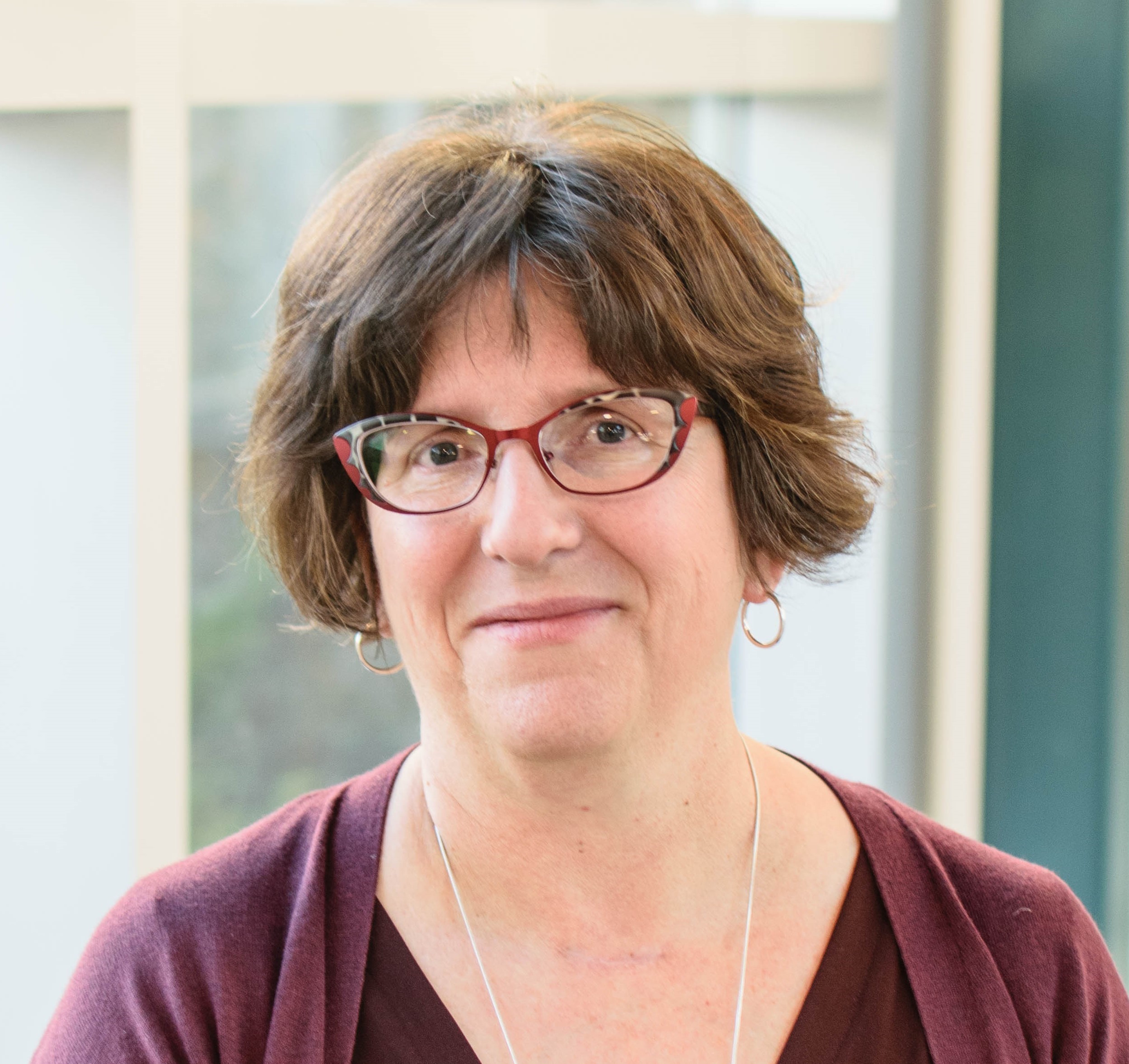 Through playwriting, Joanne Weber raises awareness about Saskatchewan's history of deaf settlers.
Through playwriting, Joanne Weber raises awareness about Saskatchewan's history of deaf settlers.
2 min. read
Few people have heard about the Dsettlers who immigrated to Saskatchewan in the late 1800s and early 1900s. Deaf playwright Joanne Weber aims to change that. With the help of an Independent Artists grant, she is writing the true story of Jane Groom’s battle with immigration officers to allow “handicapped” (deaf) people to move to Canada and try their luck at farming.
“With ingenuity, extensive Deaf and hearing community networks, fundraising initiatives and white privilege, the British Deaf settlers were able to make the successful transition in becoming self-sufficient farmers,” says Weber.
The script portrays the growing awareness by the Deaf settlers that they have appropriated Treaty 4 land from the First Nations people in the Qu’Appelle Valley. It includes fictionalized encounters between the starving Deaf settlers and First Nations people, who also faced starvation, oppression and marginalization.
Weber is Artistic Director of Deaf Crows Collective, a Regina theatre company. This project is a departure from their usual plays, because “it is an attempt to address the intersection of two culturally oppressed and linguistically diverse communities who have suffered displacement, dispersal, starvation and loss of cultural capital and to explore how white privilege ultimately trumps the two communities in their attempt to grapple with their dire circumstances,” she says.
The piece is a rich mix of multiple genres, including American Sign Language poetry, Plains (Indigenous) Sign Language, voice, puppetry, physical theatre, dance, projections, imagery and captioning. This approach appeals to both Deaf and hearing audiences and is an example of “Deaf gain”, which Weber describes as “Deaf people’s gift to the hearing world. Because our vision is a primary modality, hearing people discover the power, the force and the possibilities of a visual modality that could enrich and enhance their lives.”
Weber engaged Saskatoon playwright Daniel Macdonald as a dramaturg and workshopped the script at the SOUND OFF Deaf theatre arts festival in Edmonton. She plans to work locally with Deaf and First Nations actors as well.
Through research and collaboration, she has learned that “everyone’s history is very important and is very nuanced. We are learning not to binarize our conflicts but to sit down and appreciate how situations can be so complex,” she says. “I am also understanding that First Nations people dealt with Deaf people in their own communities in an accommodating manner. I am honored by the tremendous respect and desire by some First Nations people to have this story told.”
